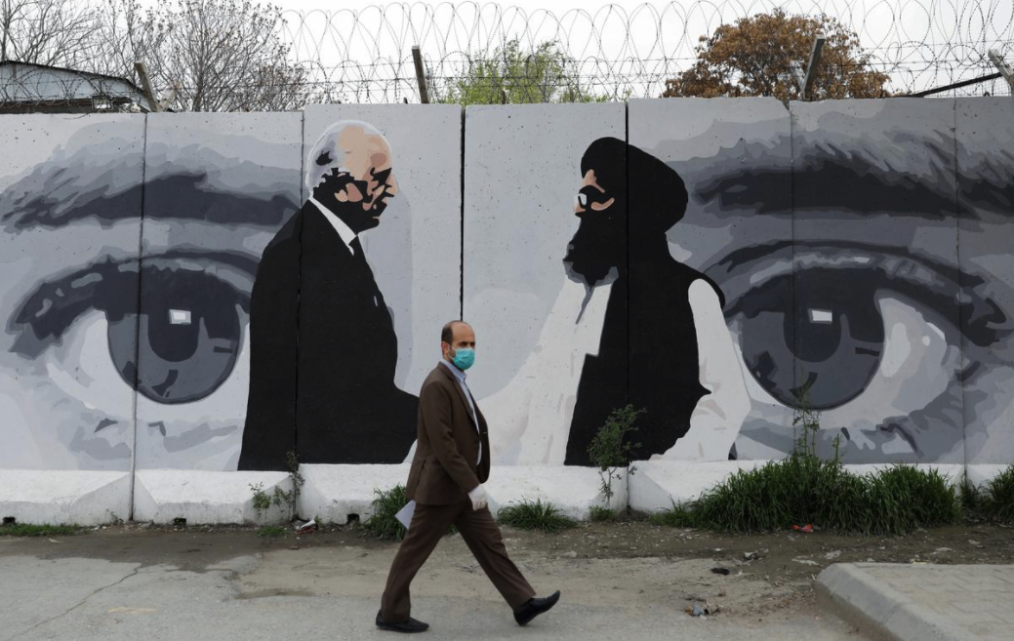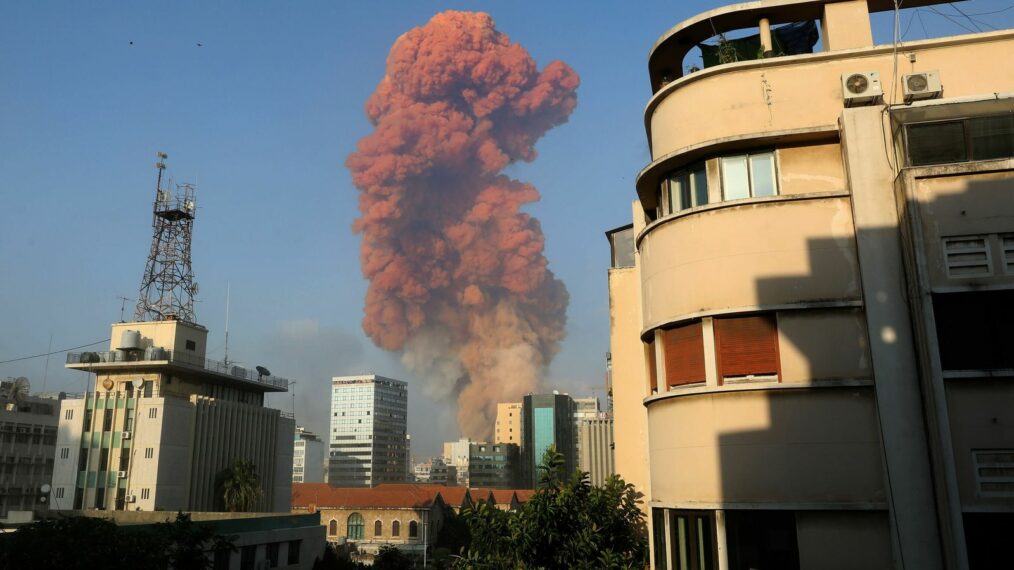Since the start of the 21st century, the world economy’s reliance on remittances has risen sharply as globalization enabled growth that created favorable incentives for migration through several emerging markets. Remittances, which refer to transfer payments made by foreign workers to their families back home, have benefitted both the likes of high-growth economies, like China and India, as well as weaker states that failed to attract investment due to incessant conflict and instability. In total, remittances (as a % of Gross Domestic Product) have increased by 105% since 1999, fueling household consumption and stepping in as a guarantor of financial security for vulnerable families located in fragile and/or underdeveloped states.
Yet, with lockdowns across the globe interrupting economic activity, the flow of remittances that sustain countries rife with crime, terrorism, and violence has been disrupted. As a result, countries with a high dependency on remittances will be forced to rely on the decisions made by foreign governments, of which they have no influence over. In addition, state-sponsored efforts to monitor and impose mandatory quarantines have disproportionately targeted migrants, limiting their movements, and in many cases, using the opportunity to impose draconian immigration reform to placate political aims.
As one example, Malaysia, which hosts nearly 5 million migrant workers (documented and undocumented), has been particularly aggressive in its COVID-19 response. As a popular destination for workers from a variety of South and East Asia countries, Malaysia’s raids of areas filled with migrants has attracted scrutiny. An Al-Jazeera documentary featuring the experiences of migrants was subsequently responded to with a police investigation of the journalists, followed by accusations of sedition and defamation. One migrant in particular who chose to share his experience with the Al-Jazeera journalists was the subject of a 2-week police manhunt that culminated in his arrest and planned deportation. Similar state-sponsored efforts targeting migrant workers have been cited in other popular migrant destinations like the United States, United Arab Emirates, Saudi Arabia, Bahrain, Kuwait, Qatar, and Lebanon, among several others.
With migrants unable to earn, the potential economic reverberations will extend far beyond the borders of states that employ, and depend upon, migrant labor. Though several variables can be used to describe remittance-dependent economies, these countries tend to fall in one (or both) of the following categories:
- Countries that have struggled to industrialize, leading to a weak manufacturing base. This is often due to, or followed by poor job growth and a lack of diversification beyond the agricultural sector. Examples of such countries would include Tonga, Haiti, Tajikistan, and Kyrgyzstan.
- Countries that are ridden with incessant conflict and chronic crime & terrorism. Such conditions drive the labor supply (particularly younger workers) to work abroad, either in nearby regional hubs or on other continents. Example countries in this category include Yemen, Palestine, South Sudan, and El Salvador.
Should remittance volumes continue to recede in the developing world, the consequences could be vast. Data compiled by the Global Knowledge Partnership on Migration and Development (KNOMAD), estimates that global remittances could drop by as much as $110 Billion USD, or 20% of the annual total. Sixty countries, ranging from low-income to middle-income, depend on remittances for at least 5% of their respective GDP. Furthermore, remittances are responsible for contributing tax revenue for governments, which in turn, provide funding for varied public services, many of which have become only more integral during the COVID-19 pandemic.
In the absence of substantial foreign direct investment or multilateral aid, the timeline for recovery will last longest in the countries with the most acute needs. Though aid and investment remain vital sources of capital for low and middle-income countries, they are both dwarfed by the substantial inflows brought in by remittances. In the last year alone, remittances have accounted for $550 billion USD worth of funds in such countries.
Regardless of the circumstances, the consistent flow of remittances is vital for sustaining consumption and keeping businesses afloat in remittance-dependent countries. The inability to maintain remittances can result in cascading economic damage. A failure to induce job creation is one of the most oft-cited conditions that can foment, or accelerate, violence through spikes in crime and terrorism. Conflict hotspots in the Sahel region, Gulf region, East Africa, and South Asia are particularly vulnerable, given their outsized regional dependence on remittances to fulfill the most basic living standards.
To help pare the ripple effects that a drop in remittances would create, a handful of solutions could prove useful. First, governments with the capacity to enact stimulus efforts can indirectly assist migrant laborers. Stimulus programs can boost consumption, incentivizing companies that employ migrants to maintain their payrolls to meet market demand. Second, the costs associated with transferring funds across borders can amount between 7-10% in fees. State-led efforts to reduce these cross-border transfer fees ensures that more money reaches the intended recipient(s). Though efforts to establish a global compact are underway, more collaboration is required between those nations that send remittances, and those that receive them.
Ensuring that migrants are equipped with the tools needed to weather the pandemic is not just a humanitarian issue, but an economic one that sets the stage for a quicker post-pandemic transition. Businesses located in migrant-dependent economies, like those found in Southeast Asia and the Gulf region, will not be able to fulfill their workforce needs from domestic labor. Instead, these countries may find themselves competing for the very same migrants they turned away, delaying the opportunity for a global economic recovery.





